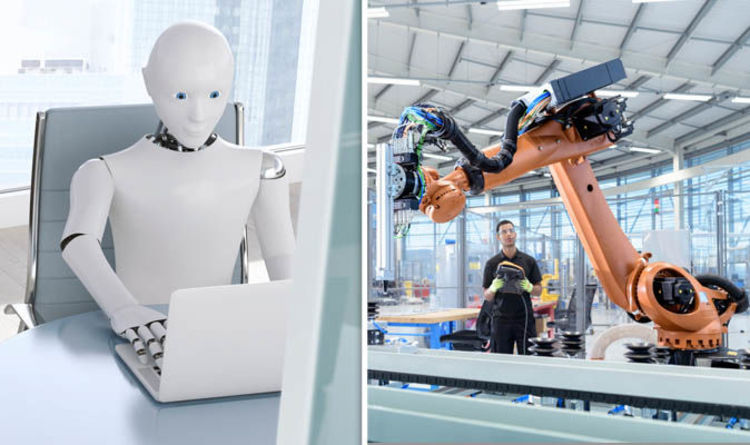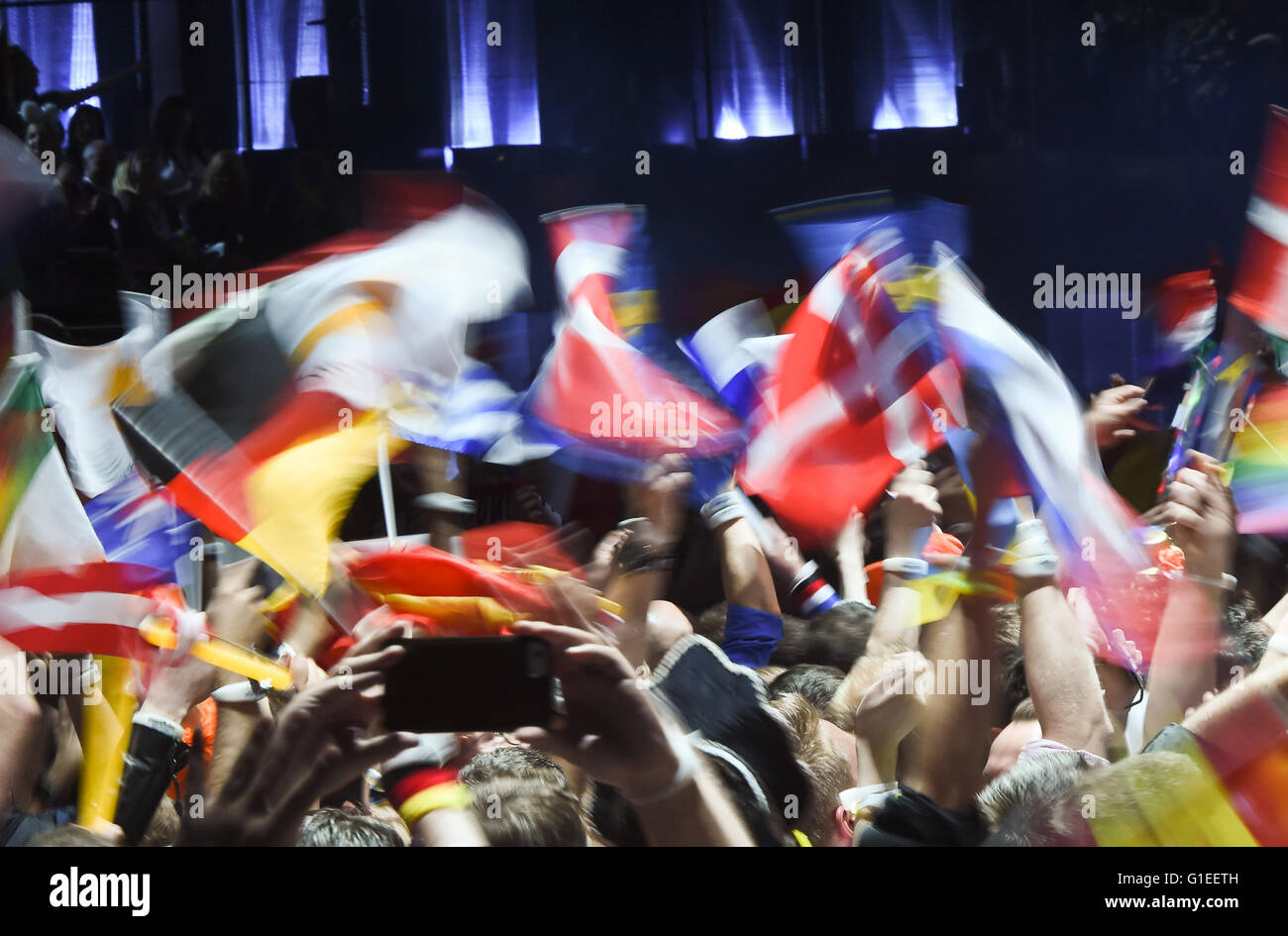AI Takes Over: Duolingo Replaces Human Contractors

Table of Contents
Duolingo's Justification for Replacing Human Contractors
Duolingo's decision to replace human contractors with AI is primarily driven by the perceived advantages of automation. The company likely aims for significant cost reduction, increased efficiency, and enhanced scalability. This strategy reflects a broader trend in the tech industry towards leveraging AI for cost-cutting and operational improvements.
- Reduced operational costs through automation: Employing AI for translation and content creation eliminates the need for ongoing payments to human contractors, leading to substantial savings in operational expenditure.
- Increased efficiency in content creation and updates: AI can generate and update language learning materials significantly faster than human teams, leading to a quicker response to user needs and market demands. This speed advantage is crucial in a competitive market.
- Ability to scale language learning resources more rapidly to meet global demand: AI enables Duolingo to rapidly expand its offerings into new languages and regions without the limitations imposed by the availability of human translators and content creators. This scalability is a key driver of growth in the global language learning market.
- Minimization of human error in translation and content generation: While AI isn't perfect, it can potentially reduce errors related to inconsistency and inaccuracy in translation. This contributes to a more standardized and reliable learning experience.
- Potential for faster turnaround times in content updates: AI-powered systems allow for immediate updates and revisions of learning materials, ensuring the content remains current and relevant.
- Argument that AI can achieve similar quality or even surpass human translators in specific tasks: Duolingo may argue that AI, particularly in machine translation, has reached a level of sophistication where it can perform certain tasks as well as, or even better than, human translators, particularly in terms of consistency and speed.
The Impact on Human Contractors and the Freelance Market
The transition to AI has significant implications for freelance translators and other language professionals who previously worked with Duolingo. This shift highlights the broader challenges faced by workers in the gig economy as AI-powered automation becomes increasingly prevalent.
- Job losses for freelance translators and other language professionals working with Duolingo: The immediate consequence is job displacement for those whose roles have been automated.
- Increased competition in the already challenging freelance market: The influx of AI-generated content further intensifies competition for remaining freelance opportunities, potentially depressing wages and creating job insecurity.
- Concerns about the ethical implications of replacing human workers with AI: Questions arise regarding the ethical responsibility of companies replacing human workers with AI, particularly the lack of consideration for the livelihoods of displaced individuals.
- Discussion on potential support measures for displaced workers: There's a growing need to discuss strategies to support those affected by automation, including retraining programs and social safety nets.
- The ripple effect on the broader gig economy and its reliance on human talent: Duolingo's move is indicative of a larger trend that could impact various sectors within the gig economy relying on human talent.
The Quality of Language Learning with AI-Driven Content
While AI offers efficiency gains, concerns remain regarding the quality of language learning materials generated by AI. The nuanced nature of language poses significant challenges for AI systems.
- Potential for inaccuracies and lack of nuance in AI-generated content: AI may struggle with idioms, colloquialisms, and cultural nuances, leading to inaccuracies and potentially confusing or misleading learning materials.
- Challenges in conveying cultural context and idiomatic expressions accurately: Language is deeply intertwined with culture, and AI may fail to capture the subtleties that make language learning engaging and effective.
- The irreplaceable role of human expertise in handling complex linguistic subtleties: Human translators and language educators possess the critical thinking skills and cultural understanding necessary to handle the complexities of language and convey meaning accurately.
- Comparative analysis of AI-generated content versus human-created content in language learning apps: Future research should focus on comparing the learning outcomes achieved using AI-generated content versus human-created content.
- User feedback and its importance in improving the quality of AI-driven language learning: User feedback is crucial to identify areas where AI-generated content needs improvement and ensure the system adapts to user needs.
The Future of AI in Language Education
The future of AI in language education likely involves a collaborative model, combining AI's efficiency with the nuanced understanding and critical thinking of human educators.
- Exploring the potential for a collaborative model combining AI and human expertise in language education: A hybrid approach utilizing AI for routine tasks and human expertise for complex issues might prove to be the most effective method.
- Discussion on the use of AI for personalized learning experiences: AI can tailor learning paths to individual student needs, providing a more efficient and engaging learning experience.
- The continuing evolution of AI technologies and their potential impact on the language learning landscape: Advancements in natural language processing (NLP) and machine learning will continue to reshape the language learning field.
- Analysis of the long-term benefits and drawbacks of relying heavily on AI in language education: Careful consideration of the long-term consequences, both positive and negative, is crucial to inform future development in this field.
Conclusion
Duolingo's decision to replace human contractors with AI has sparked a significant debate about the future of work in the language learning industry and beyond. While AI offers potential benefits in terms of cost efficiency and scalability, concerns remain about the impact on human workers and the quality of language learning experiences. A balanced approach that integrates AI's strengths with human expertise may prove crucial in navigating this technological shift. The future will likely see a complex interplay between AI and human involvement in language learning, demanding ongoing evaluation and adaptation. To stay informed on the evolving role of AI in education and the implications for language learning, continue following developments surrounding AI and Duolingo’s use of AI.

Featured Posts
-
 No Pride Flags Allowed At Eurovision The Controversy Explained
May 01, 2025
No Pride Flags Allowed At Eurovision The Controversy Explained
May 01, 2025 -
 Actor Michael Sheens Generosity 1 Million Debt Relief In Port Talbot
May 01, 2025
Actor Michael Sheens Generosity 1 Million Debt Relief In Port Talbot
May 01, 2025 -
 Bharty Ryasty Dhsht Grdy Kshmyr Myn Eyd Pr Khwn Bhaw
May 01, 2025
Bharty Ryasty Dhsht Grdy Kshmyr Myn Eyd Pr Khwn Bhaw
May 01, 2025 -
 Ovechkin Ties Gretzkys Nhl Goal Record 822 And Counting
May 01, 2025
Ovechkin Ties Gretzkys Nhl Goal Record 822 And Counting
May 01, 2025 -
 Two Bartlett Texas Structures Destroyed In Fire Total Loss Amid Red Flag Warning
May 01, 2025
Two Bartlett Texas Structures Destroyed In Fire Total Loss Amid Red Flag Warning
May 01, 2025
